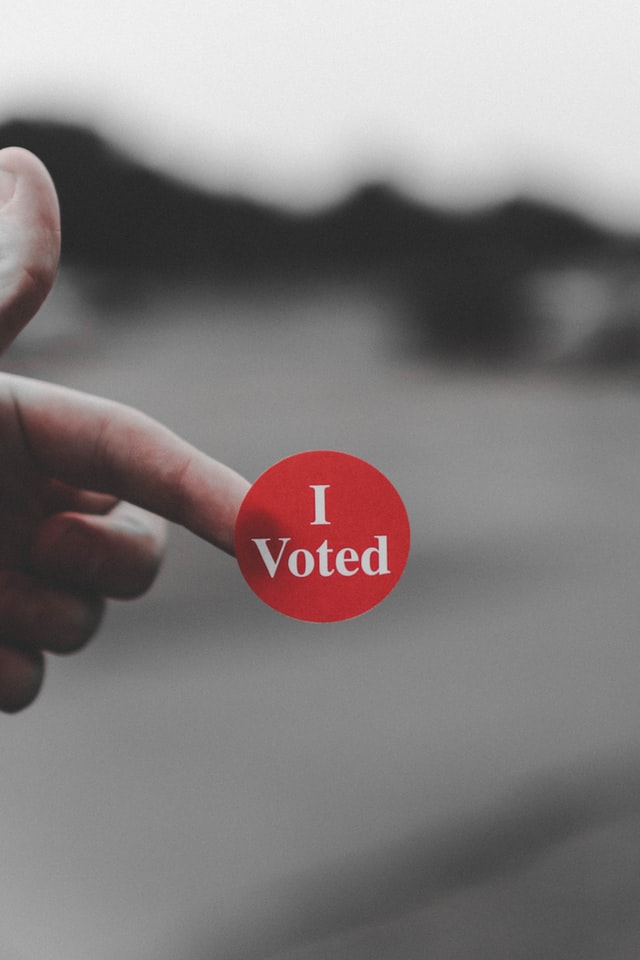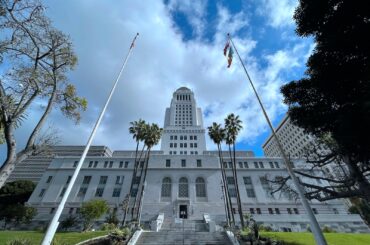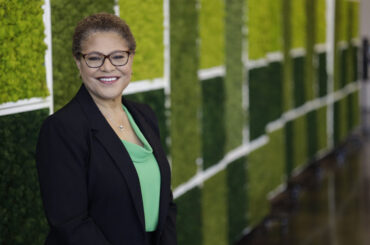Los Angeles Council has a non-independent redistricting commission. The council panel as well as California’s fully independent, bipartisan and randomly chosen citizen commission do not share many identical characteristics. The commission in California will redraw state and congressional legislative districts with the redistricting commission, or with no fear of getting superseded by the State Legislature. The redistricting commission bans political operatives and erstwhile elected officials from serving in it. Those citizen commissions are independent and will determine not only political boundaries but also representation in a way that avoids meddling from individuals who wish to run for or remain in office.
The redistricting commission may appear as an independent citizen’s panel but is something wholly different. Commission members include longtime political assistants and erstwhile elected officials. The LA Council has the power to decide on the new district maps. Voters approved that seemingly-independent system before independent redistricting turned into a more widely accepted process.
This was expected to be a better version of the traditional way of redrawing the boundaries where the officials would discuss district boundaries privately and then publicly approve the new maps. LA is in the third-round citizen redistricting process, so it should already be clear that it has a fundamentally flawed system. It is flawed in a way that not only discourages civic participation but also erodes public trust. The commission voted to approve its ultimate map before it moves to the council for further public hearings as well as a vote by the time the year ends.
Some commission members legitimately attempted to cause their work to be maximum independent and evenhanded. However, other commissioners acted as per the unwritten law of Los Angeles redistricting, stating that the members should do what the official who appointed them tells them to perform. The LA public is made to think that an impartial and independent body draws boundaries for the benefit of the people. The commission or the charter rules do not have anything that requires impartiality. When there is a lot at stake, an Angelino councilor would try not to do almost anything to ensure that they wield the power that they have.
Take Councilor Nithya Raman’s experience, for instance. Raman is the progressive candidate who drove incumbent councilperson David Ryu out recently. Before Ryu’s defeat, he had chosen former City Councilor Mike Woo to be his commissioner for redistricting. Woo left the commission to allow for the appointment of Raman while offering her some tips about how she should approach the redistricting process.
Woo wrote that the governing factor in the process is one’s own political interest, so there is much chance for treachery in it. As for Woo, one cannot trust any other person who participates in the process if they do not understand the latter’s self-interest. Woo also wrote that justice and equity usually play a part in redistricting only as far as civil rights laws protect the representation of some classes.
Raman dismissed Woo’s advice and then made Alexandra Suh her redistricting commissioner. For your information, Suh has long been pursuing social justice activism. Despite her selection as the commissioner, Woo’s caveat was prescient. A group of political insiders effectively steamrolled Suh. The insiders pushed a new map that would radically redesign Raman’s Council District 4, alongside District 2 of Councilor Paul Krekorian. They pushed it to such an extent that the recently elected councilor could be part of a new district in the US.
In what was a last-gasp effort to protect her district, she replaced Suh with Jackie Goldberg, who was on the Los Angeles school board and was a councilwoman. Goldberg is regarded as the perfect political fighter in Los Angeles. Goldberg’s appointment as the redistricting commissioner was just not early enough. The approved map from the commission hacked up Council District 2 and Council District 4, without determining which councilors should represent the respective districts.
What if there was an independent redistricting commission in Los Angeles? Would it have upended Raman’s district? It is likely; redistricting in the US can result in significantly different districts, and for good reason. However, provided that Los Angeles makes lobbying in secret and political interference possible, people could not trust the decisions of the commission or could lack faith in its redistricting process.
That is the issue. The characteristic of the redistricting commission makes Angelinos question the reasons for contentious line-drawing choices. Why did Los Angeles cut the San Fernando Valley’s poorer communities out of District 3 in it? Why did it move the University of Southern California into District 8 first and then into District 9? Why were a few district boundaries fully redrawn and others barely touched?
There could have been more action from the Council to protect the redistricting commission from unwarranted political influence. The council never banned all private discussions with commission members to keep backroom deals from happening. The council did not approve an official removal procedure for commission members to keep elected officials from removing their appointees as they were unhappy with the boundary-drawing process. The removal came in the last days of the work of the redistricting commission in one case at the least.
Even in the best situation, redistricting is a nigh-impossible task in the City of Los Angeles. The task necessitates splitting a city with a population of almost 4 million into 15 new council districts as well as honoring what many different religious, socioeconomic and ethnic groups want. The least possible move is to improve the transparency and the trustworthiness of the system. Immediately after the current redistricting cycle, Los Angeles hopefully works on a new ballot measure that changes the charter. It is high time for LA to make its citizen redistricting commission an independent group.



